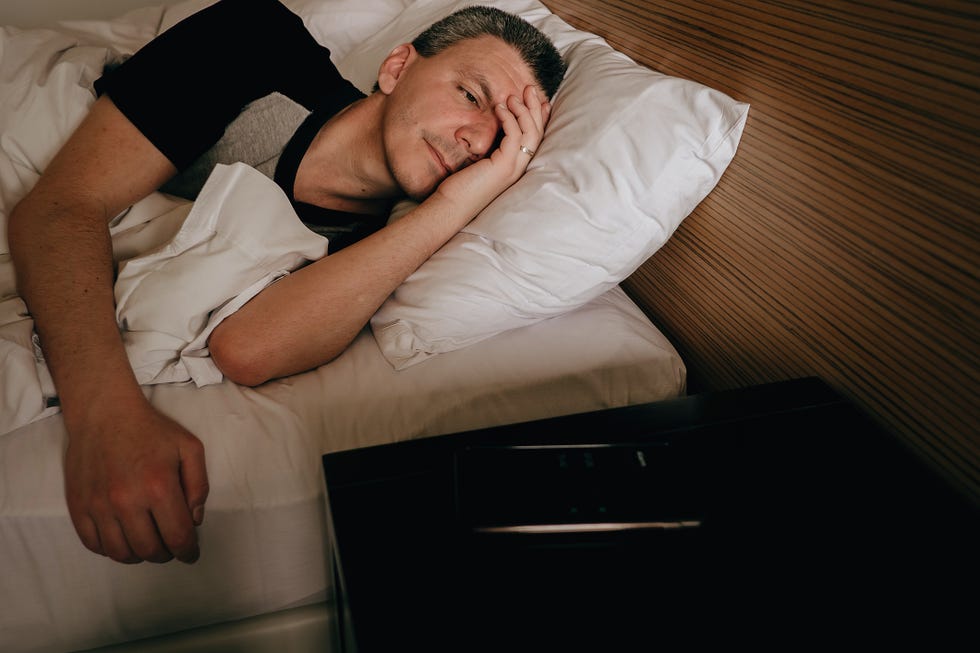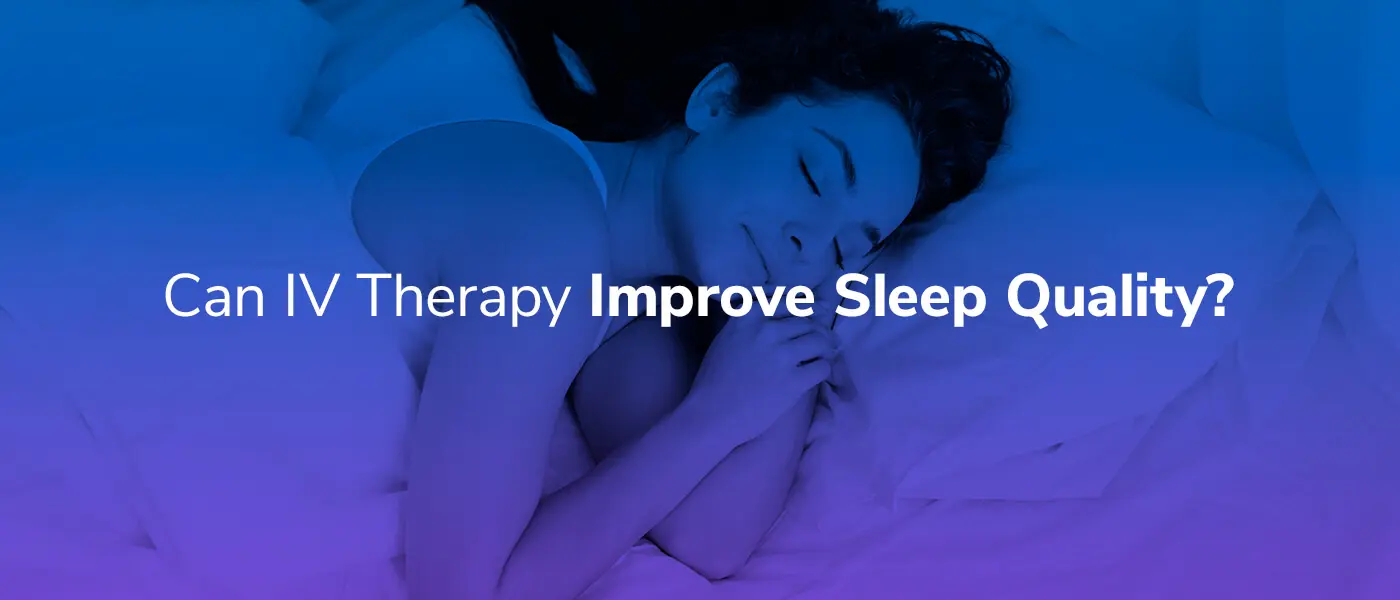Effective Insomnia Therapy - Regain Your Restful Nights
Effective Insomnia Therapy - Regain Your Restful Nights
Blog Article
Efficient Treatment Solutions for Taking Care Of Rest Disorders and Enhancing Relaxed Rest
In the world of healthcare, the administration of rest disorders and the quest for restful rest are crucial components of overall health. As we navigate the complex landscape of rest problems and look for to boost our rest experience, a much deeper understanding of these treatment options might hold the trick to opening a more refreshing and meeting restorative trip.
Cognitive Behavior Modification for Sleeplessness (CBT-I)
Cognitive Behavior Modification for Sleeping Disorders (CBT-I) is an organized, evidence-based therapy technique that concentrates on addressing the underlying variables contributing to rest disruptions. This kind of therapy aims to change habits and ideas that exacerbate sleeplessness, eventually promoting healthy and balanced sleep patterns. CBT-I generally entails numerous vital components, consisting of cognitive treatment, sleep restriction, stimulation control, and sleep health education.
Cognitive therapy aids individuals determine and transform negative idea patterns and ideas about rest that may be hindering their capability to drop or stay asleep. Rest restriction involves restricting the quantity of time spent in bed to match the individual's actual rest period, therefore raising rest performance (insomnia therapy). Stimulus control strategies help establish a solid organization in between the bed and sleep by motivating individuals to go to bed just when drowsy and to prevent participating in stimulating tasks in bed
In addition, rest hygiene education and learning focuses on establishing healthy and balanced sleep practices, such as keeping a consistent rest routine, creating a relaxing going to bed routine, and maximizing the rest setting. By resolving these factors comprehensively, CBT-I provides an effective non-pharmacological treatment for handling insomnia and enhancing overall rest high quality.
Rest Health Practices
Having developed the structure of cognitive restructuring and behavioral adjustments in resolving sleeplessness with Cognitive Behavior modification for Sleep Problems (CBT-I), the emphasis now shifts in the direction of exploring essential Rest Hygiene Practices for preserving optimal sleep top quality and overall well-being.
Sleep health practices include a variety of habits and ecological variables that can substantially affect one's capacity to go to sleep and remain asleep throughout the evening. Constant rest and wake times, creating a relaxing bedtime routine, and optimizing the rest setting by keeping it dark, peaceful, and cool are essential elements of excellent sleep health. Restricting direct exposure to displays before bedtime, preventing energizers like caffeine close to going to bed, and participating in routine physical activity during the day can likewise advertise far better rest quality.
Moreover, practicing leisure methods such as deep breathing exercises or meditation before bed can help relax the mind and prepare the body for sleep. By including these rest hygiene techniques into one's day-to-day routine, individuals can establish a healthy rest pattern that sustains relaxed sleep and overall wellness.
Relaxation Methods and Mindfulness
Applying relaxation techniques and mindfulness practices can play an essential duty in cultivating a sense of calmness and advertising top quality rest. Furthermore, guided imagery can help carry individuals to a peaceful area in their minds, assisting in stress decrease and improving sleep top quality.
By integrating these methods right into a bedtime regimen, people can signal to their bodies that it is time to unwind and prepare for sleep. Overall, integrating leisure strategies and mindfulness techniques can considerably contribute to handling rest disorders and improving total rest high quality.

Medication Options for Sleep Disorders
After exploring relaxation techniques and mindfulness techniques as non-pharmacological interventions for improving rest top quality, it is crucial to take into consideration medication options for people with rest problems. In instances where way of life changes and therapy do not supply sufficient relief, medicine can be a beneficial device in managing sleep disturbances.
Typically suggested medications for sleep disorders consist of benzodiazepines, non-benzodiazepine hypnotics, antidepressants, and melatonin receptor agonists. Benzodiazepines, such as diazepam, are sedatives that can aid cause sleep, however they are commonly suggested for temporary usage as a result of the threat of reliance. Non-benzodiazepine hypnotics like zolpidem are likewise used to treat insomnia and have a lower threat of reliance compared to benzodiazepines. Antidepressants, such as trazodone, can be helpful for people with co-occurring clinical depression and rest disturbances. Melatonin receptor agonists, like ramelteon, target the body's natural sleep-wake cycle and can be practical for managing sleep patterns.
It is critical for individuals to seek advice from a health care provider to explanation establish one of the most proper drug alternative based on their certain sleep condition and case history.
Light Therapy for Circadian Rhythm Guideline
Light treatment, likewise called phototherapy, is a non-invasive treatment technique utilized to regulate circadian rhythms and boost sleep-wake cycles. This therapy entails exposure to bright light that imitates natural sunshine, which helps to reset the body's inner clock. By subjecting individuals to particular wavelengths of light, usually in the morning or evening depending on the preferred impact, light treatment can effectively change the body clock to advertise wakefulness throughout the day and boost restful rest during the night.
Research study has actually revealed that light treatment can be specifically beneficial for individuals with body clock problems, such as delayed rest phase disorder or jet lag. It can also be valuable for those experiencing seasonal depression (SAD), a kind of anxiety that generally takes place throughout the winter season when all-natural light direct exposure is decreased. Light therapy is usually well-tolerated and can be used together with other treatment techniques for sleep conditions to enhance read this post here outcomes and improve general sleep quality.
Conclusion
In verdict, effective treatment services for taking care of rest disorders and boosting relaxing rest include Cognitive Behavioral Therapy for Sleeping Disorders (CBT-I), sleep health techniques, leisure techniques and mindfulness, drug alternatives, and light treatment for body clock guideline. These methods can assist people boost their sleep top quality and total well-being. It is very important to seek advice from with a healthcare service provider to establish one of the most suitable method for dealing with sleep issues.
As we browse the detailed landscape of rest problems and seek to improve our rest experience, a deeper understanding of these therapy options might hold the secret to opening an extra rejuvenating and fulfilling corrective journey.
Sleep constraint entails sleep devices for insomnia restricting the quantity of time invested in bed to match the individual's actual rest period, thus raising rest performance. Regular rest and wake times, creating a relaxing going to bed routine, and maximizing the rest environment by maintaining it dark, silent, and cool are vital parts of great rest hygiene. Light treatment is typically well-tolerated and can be utilized in combination with various other therapy approaches for sleep disorders to maximize results and improve general rest high quality.

Report this page